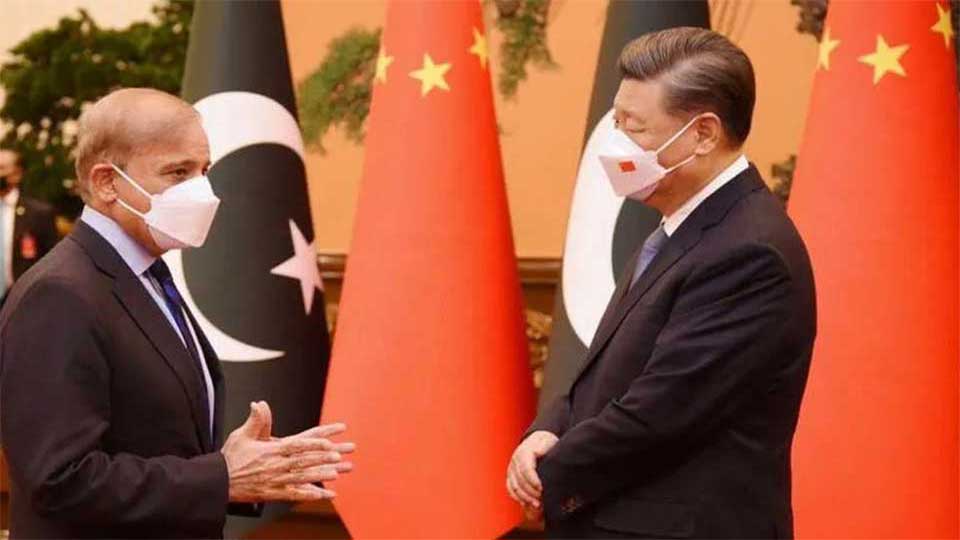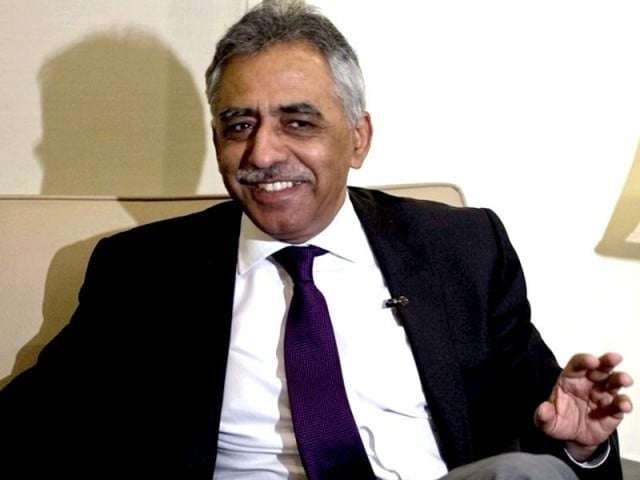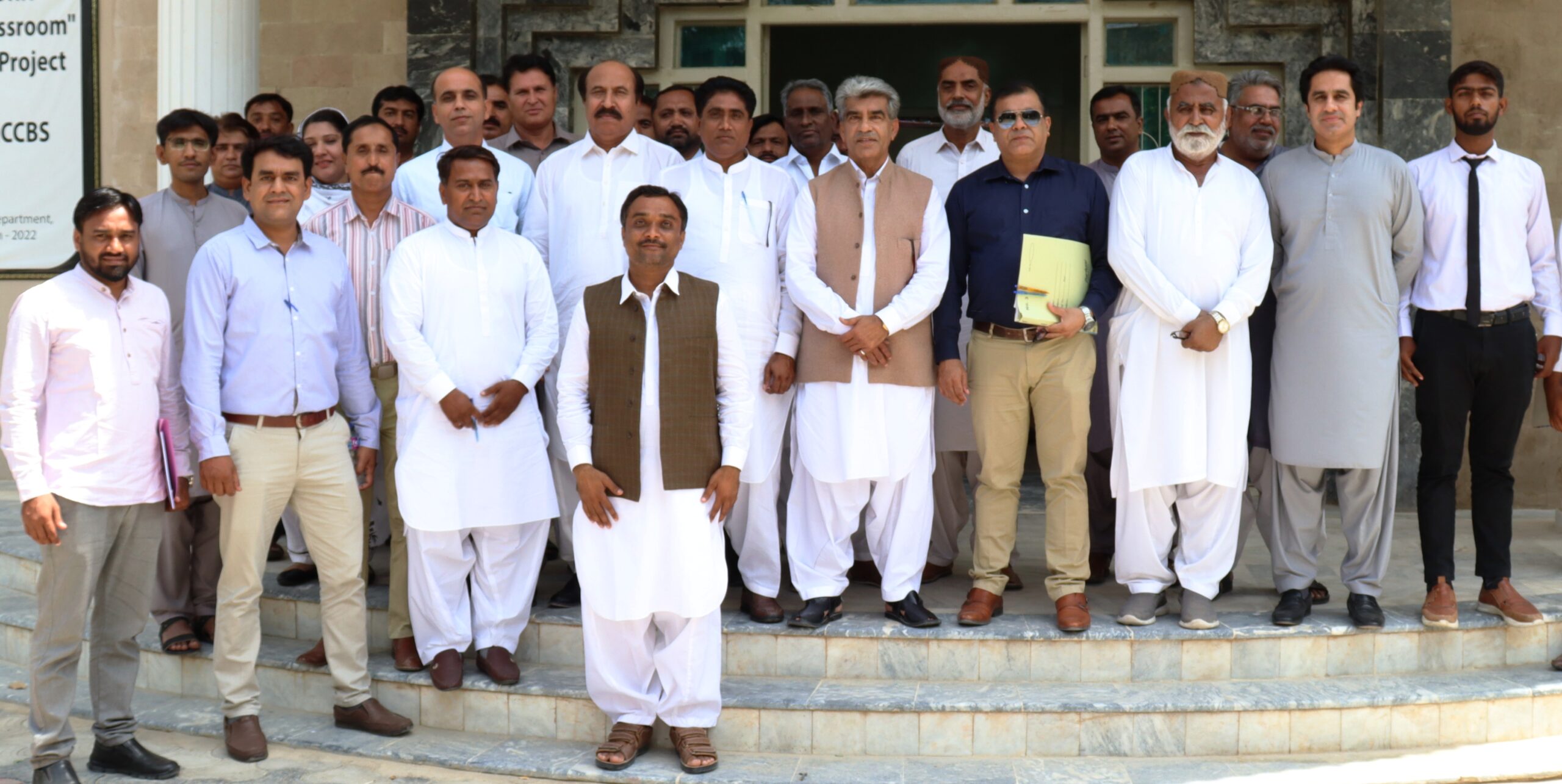Pakistan: In the realm of international relations, few partnerships hold as much significance as that between Pakistan and China. The recent visit of Prime Minister Shehbaz Sharif to China has sparked considerable interest and speculation, particularly regarding its implications for the future of bilateral ties and regional dynamics. Here, we delve into the optics and outcomes of this crucial diplomatic endeavor.
Optimistic Overtones: The Prime Minister’s Meeting with Chinese Leadership
At the heart of Prime Minister Shehbaz Sharif’s visit to China lies a series of high-level meetings with key figures in the Chinese leadership, notably President Xi Jinping and Premier Li Qiang. These engagements set the stage for discussions on a wide range of bilateral and regional issues, underlining the depth and significance of the China-Pakistan relationship.
Concrete Commitments: Reviving CPEC and Strengthening Economic Cooperation
One of the most significant outcomes of the visit is the reaffirmation of commitment to the China-Pakistan Economic Corridor (CPEC), a flagship project under the Belt and Road Initiative (BRI). President Xi Jinping’s pledge to create an “upgraded version” of the corridor underscores China’s continued investment in Pakistan’s economic development and infrastructure.
Moreover, the signing of over 32 Memorandums of Understanding (MoUs) covering diverse sectors such as transport, infrastructure, and agriculture signifies a tangible step towards deepening economic cooperation between the two countries. These agreements hold the promise of bolstering trade, fostering technological exchange, and promoting socio-economic development in Pakistan.
Security Concerns: Addressing Challenges and Ensuring Safety
Despite the optimistic tone of the visit, concerns regarding security were not overlooked. The tragic incident of the Dasu terrorist attack earlier this year served as a poignant reminder of the importance of safeguarding Chinese personnel and interests in Pakistan. President Xi Jinping’s call for effective security measures reflects China’s insistence on ensuring the safety of its investments and citizens abroad.
In response, Prime Minister Shehbaz Sharif reaffirmed Pakistan’s commitment to providing fool-proof security to Chinese personnel and projects, emphasizing the imperative of a secure environment for sustained economic cooperation. His assurance, coupled with proactive measures to combat terrorism and enhance security protocols, signals Pakistan’s unwavering dedication to safeguarding bilateral interests.
The Road Ahead: Navigating Challenges and Seizing Opportunities
Looking beyond the optics of the visit, it becomes evident that the real test lies in translating rhetoric into action. While pledges and promises lay the foundation for cooperation, their realization hinges on effective implementation and follow-through. The success of the revived CPEC and the myriad MoUs signed during the visit will depend on the ability of both countries to surmount challenges and capitalize on opportunities.
Pakistan, in particular, faces the formidable task of addressing internal issues such as political stability, financial transparency, and counterterrorism efforts. The onus is on the government to instill confidence among foreign investors by demonstrating tangible progress in these areas. Only through concerted efforts to create an enabling environment for investment and growth can Pakistan unlock its true economic potential and secure its standing as a reliable partner on the global stage.
Conclusion: A Strategic Partnership for Mutual Prosperity
In conclusion, Shehbaz Sharif’s China trip represents a pivotal moment in the ongoing saga of Pakistan-China relations. While the optics of the visit may appear positive, the true test lies in the ability of both countries to translate rhetoric into action and navigate challenges together. By reaffirming their commitment to economic cooperation, security, and mutual prosperity, Pakistan and China stand poised to chart a course towards a brighter, more prosperous future.




















